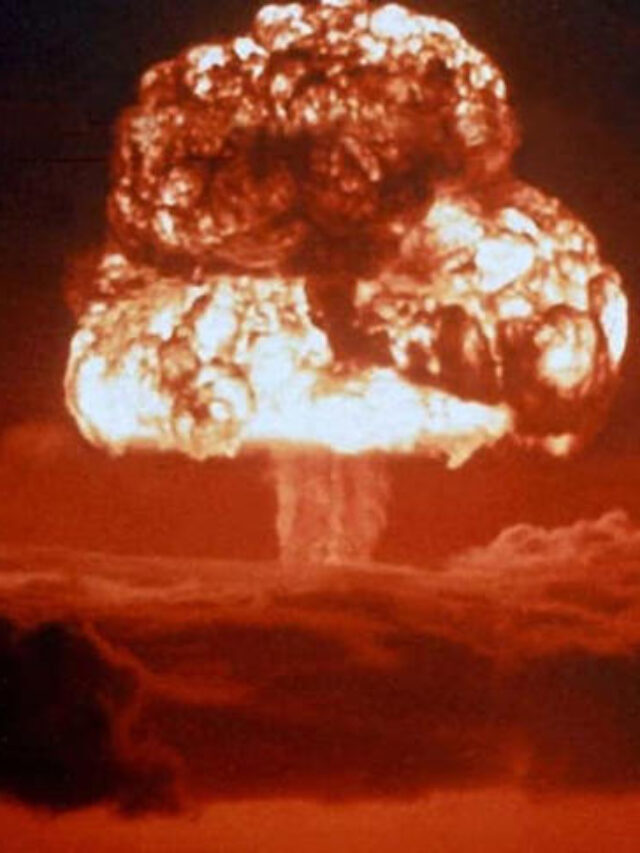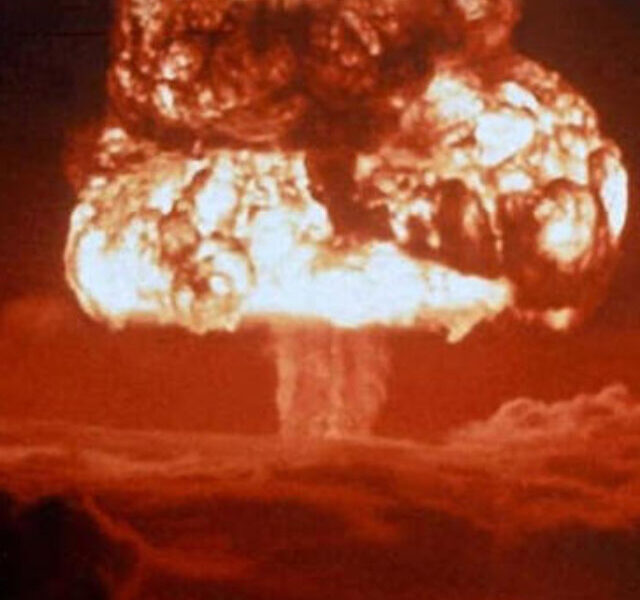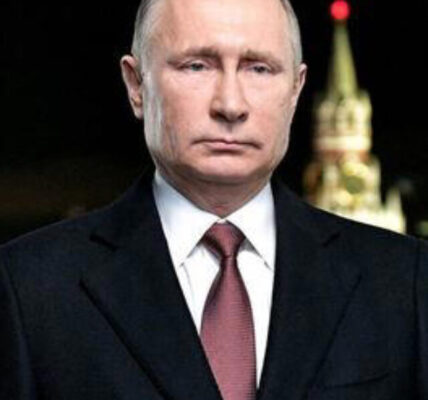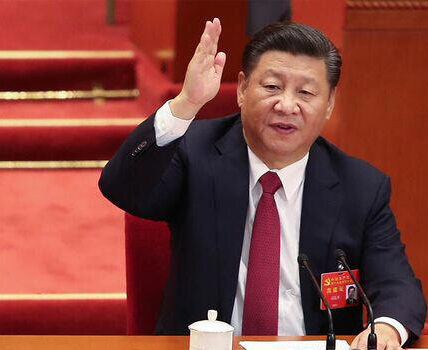Nuclear Weapons Testing: Controversy and Concerns
Explore the controversy surrounding the proposal to resume nuclear weapons testing, its global implications, and expert opinions.

© provided by RawStory
Nuclear Weapons Testing: A Controversial Proposal
The suggestion to resume nuclear weapons testing, put forth by former national security advisor Robert C. O’Brien, has ignited a heated debate among experts and policymakers. O’Brien argues that the United States should conduct new nuclear tests to ensure the reliability and safety of its arsenal, pointing to recent advancements in nuclear capabilities by China and Russia.
The Case for Resuming Testing
O’Brien contends that with China and Russia modernizing their nuclear arsenals, the U.S. must maintain technical superiority. He suggests that testing new nuclear weapons in real-world conditions is necessary, criticizing the reliance on computer models alone since 1992. Additionally, he advocates for the production of uranium-235 and plutonium-239, key materials for nuclear weapons, to bolster America’s capabilities.
Expert Criticisms and Concerns
Critics, however, strongly oppose the idea. Ernest Moniz, who oversaw the U.S. nuclear arsenal during the Obama administration, labels it a “terrible idea,” emphasizing that new testing could diminish global security rather than enhance it. He points out the interconnected global repercussions that cannot be ignored.
Environmental and Health Implications
Walter Pincus, a long-time observer of nuclear issues, warns of grave mistakes in resuming testing, highlighting the severe health effects witnessed in previous nuclear tests. These concerns underscore the potential environmental and health risks associated with underground nuclear testing.
Global Response and Tensions
The global response to O’Brien’s proposal has been mixed. While Russia has withdrawn from the Comprehensive Nuclear Test Ban Treaty, stating readiness to resume testing if the U.S. does so, other nuclear-armed nations are closely monitoring developments. The fear of triggering a new arms race looms large in international discussions.
Conclusion
The debate over nuclear weapons testing epitomizes the broader discourse on international security and arms control. Proponents argue for readiness and technological advancement, while opponents stress the risks of escalating tensions and environmental hazards. The decision to resume testing, if pursued, could reshape global dynamics and influence policies for years to come.
In summary, while the proposal seeks to ensure U.S. nuclear readiness, its potential consequences demand careful consideration of global stability and long-term security objectives.
ALSO READ:
“North Korea-Russia Relations: 5 Shocking Revelations You Won’t Believe!”




